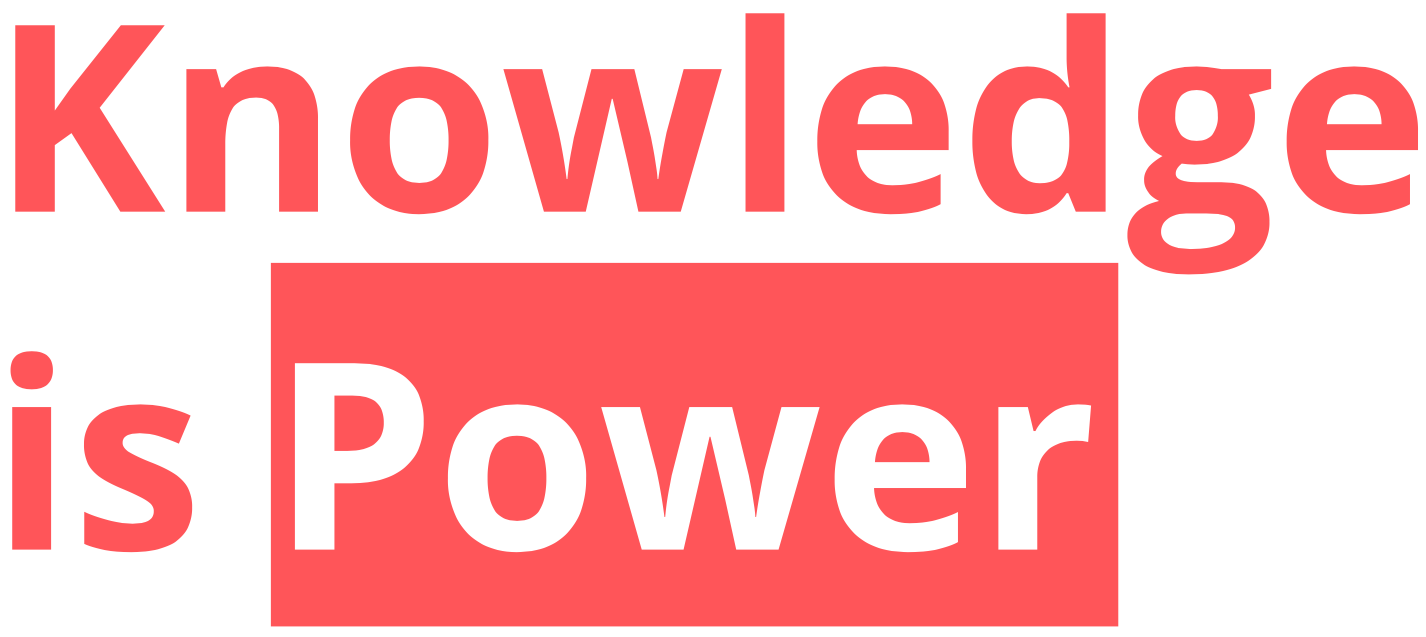Participation Requests
Introduction
Participation Requests are a way that groups can have more say over what improvements they would like to see to public services. They may be a useful way for you to put the action into your community-led action research. Participation Requests are part of The Community Empowerment (Scotland) Act which the Scottish Parliament passed in 2015. By using a Participation Request a community group can start a discussion with organisations in charge of public services about how to improve these services.
What are Participation Requests good for?
A Participation Request may be a good approach to use if your community-led action research shows how a public service could work better for your community. It may also be worth considering making a Participation Request before you embark on any research. That way, the research can be considered as part of the outcome improvement process and the research results will have more chance of reaching the desired audience, i.e. the people making decisions.
What are Participation Requests not so good for?
There are some organisations in charge of public services that you cannot make Participation Requests to. This includes the Scottish Government and many of its non-departmental public bodies (for example the Care Inspectorate and VisitScotland). Furthermore, Participation Requests do not directly apply to public services that are reserved matters, for instance, immigration and military spending.
It’s also worth mentioning that it may be more complex to make a Participation Request about a public service that is provided by a private, independent or voluntary organisation. In this situation, you can still make one to the public body that commissioned the service or set up the new body to deliver the service.
Participation Requests are just one way to use the evidence from your research to influence public services. There are a range of other formal ways to have your voice heard such as community planning structures and working with elected representatives such as local councillors. You may also want to use your evidence to have influence at a national level, such as in Scottish Parliament cross-party groups.
It’s also possible to participate outside of these more officially recognised ways, such as campaigning, petitioning and protesting. Evidence from your research will still be useful here. For example, it may help you to make your case directly to the wider community and get more people behind your campaign.
How to make a Participation Request
If you decide that a Participation Request is the right approach, it may be a good idea to speak to the relevant public body first. They will be able to let you know if there are opportunities to have influence without going down this formal route – although you will still have the right to make a Participation Request should you want to.
The first stage of making a Participation Request is to fill in a form showing the following:
That you are the right type of group to make one (the criteria are quite straightforward)
How you want to improve the service (the outcome you want to improve) and what you can bring to help to do this (the evidence from your community-led action research may come in handy here!)
You can’t make them to all organisations in charge of public services but the following key bodies are included: local authorities, health boards, Police Scotland and The Scottish Fire and Rescue Service. By law, the public service authority should agree to your request unless it can give good reason why not.
If your request is agreed to, a formal discussion called an ‘outcome improvement process’ will be set up. This will likely involve meetings and other activities aimed at finding ways to improve the service. It will be a chance for your group to contribute and listen to ideas for how to improve things.
Example – Families into Sport and Health
Families into Sport for Health (FiSH) is a community group working towards better weekend access to indoor sports facilities in the Western Isles. The group used evidence from a community-led survey in a participation request they made to Western Isles Council to further their campaign to pilot Sunday opening hours of a local sports centre.
In their request, the group referred to a community survey they had been asked to carry out by the council in 2015. The survey interviewed 659 people who used the sports centre about opening hours. Not only did the survey show significant support for Sunday opening, but it suggested that service uptake would likely increase as a result, particularly among those aged between 25 and 44.
Alongside findings from other surveys, the evidence helped the group to justify the outcome they wanted improved. The participation request was agreed and led to FiSH meeting with the Community Planning Partnership and being invited to give feedback on the Outer Hebrides Physical Activity Strategy. The group feels the participation request has progressed their campaign as part of their wider efforts.
A more detailed case study of FiSH’s use of evidence can be found in the Knowledge Translation Network’s Engaging with Evidence guide.
Further reading
Communities Channel Scotland - contains introductory guides to Participation Requests and other parts of the Community Empowerment Act
You can also find more information on the Community Empowerment Act, including participation requests, on Scottish Community Development Centre’s website.

